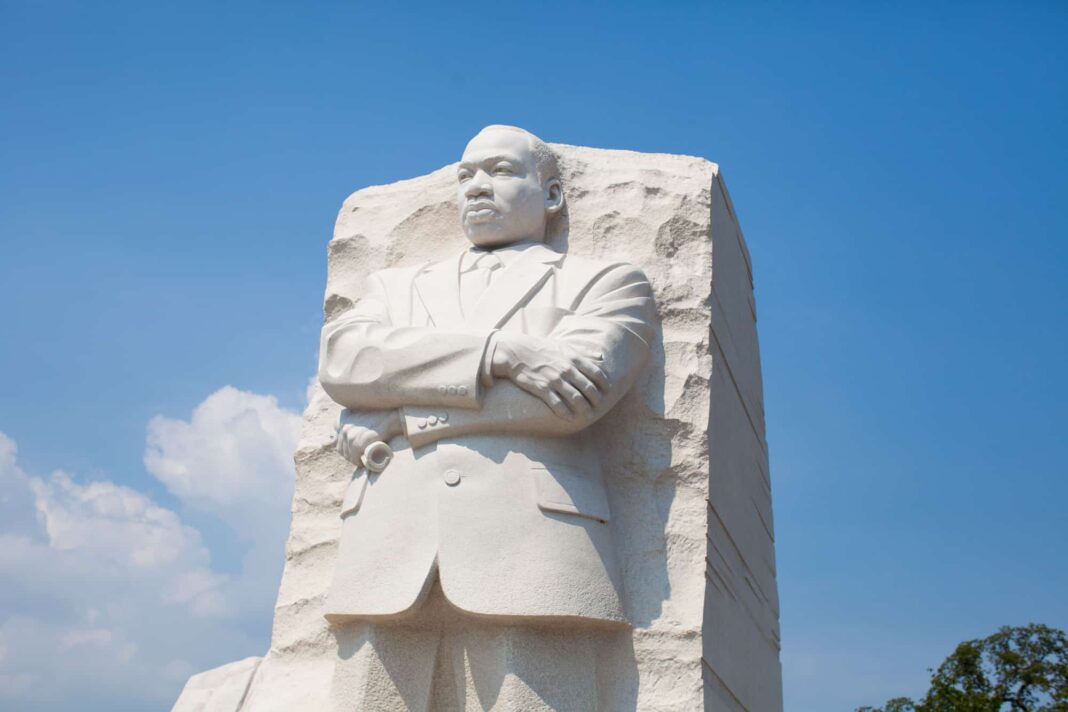We honor and remember the life and impact of Dr. Martin Luther King Jr., a prominent figure in the civil rights movement from 1955 until he was tragically assassinated in 1968. Every year, on the third Monday of January, we commemorate his legacy as a Baptist minister and social activist. This year, it falls on January 15, which is the actual birthday of Martin Luther King Jr., born in 1929. As we come together to celebrate his life and legacy, it’s worth remembering a significant milestone: King was the first African American to be named TIME’s Man of the Year.
A Man of Influence
In its January 1964 issue, TIME named Martin Luther King Jr., “Man of the Year” for 1963. This honor made King the first African American recipient of this prestigious recognition. This was not King’s first appearance on the cover of TIME. In 1957, he was featured on the cover for his role in the Montgomery bus boycott.
A Legacy Remembered
King, a pivotal figure in the civil rights movement, dedicated his life to advocating for racial harmony and the realization of the American dream for all. His campaigns to end racial segregation on public transport and for racial equality in the United States are well-known. King’s leadership during the Birmingham campaign in 1963 made him a symbol of the civil rights revolution.
King’s influence extended beyond the borders of the United States. He was instrumental in the passage of the Civil Rights Act of 1964, which outlawed discrimination in public accommodations, facilities, and employment, and the Voting Rights Act of 1965. For his tireless efforts and significant contributions to the civil rights movement, King was awarded the Nobel Prize for Peace in 1964.
“I Have a Dream” speech
Martin Luther King Jr.’s “I Have a Dream” speech, delivered on August 28, 1963 is one of the most iconic and impactful speeches in American history. Delivered during the March on Washington for Jobs and Freedom, King demanded the riches of freedom and the security of justice. It was a defining moment of the American Civil Rights Movement, and King’s eloquence and his ability to touch both the hearts and minds of his listeners have made the “I Have a Dream” speech a model of effective communication. His dream of freedom and equality continues to inspire movements for social justice around the world.
King stood on the steps of the Lincoln Memorial in Washington, D.C., and spoke to a crowd of approximately 250,000 civil rights supporters. His speech was a passionate call for an end to racism and a plea for the realization of the ideals of freedom and equality outlined in the United States Constitution.
The speech begins with King discussing American history, pointing out the significance of the location and time of the protest: the Lincoln Memorial, a century after Lincoln delivered the Emancipation Proclamation. He notes the progress set into motion by Lincoln’s proclamation, but states that black Americans are still not free of segregation, discrimination, and poverty.
King emphasizes the importance of immediate changes. He criticizes slower approaches to social progress and excoriates the “tranquilizing drug of gradualism.” He asserts that until the nation addresses the urgent needs of its black citizens, there will be no peace in society.
Addressing black Americans, King asks them to refrain from hatred and violent protest. He encourages them to recognize that some white people support civil rights as well, and that they cannot accomplish their goals alone.
The “I Have a Dream” portion of the speech, which serves as its climax, was largely improvised on the spot. King paints a vivid picture of a future in which “all of God’s children, black men and white men, Jews and Gentiles, Protestants and Catholics, will be able to join hands and sing in the words of the old Negro spiritual: ‘Free at last! Free at last! Thank God Almighty, we are free at last!’”
King concludes with a summation of his dream: for all Americans to be able to say “Free at last, free at last; thank God Almighty, we are free at last.”
The speech had a profound impact, not only in galvanizing the Civil Rights Movement but also in contributing to its success. It continues to inspire people around the world in their struggles for freedom and equality. It remains a powerful testament to Martin Luther King Jr.’s vision, courage, and leadership.
Honoring the Dream
As we observe Martin Luther King Jr. Day, we honor not just the man, but the movement he symbolized and the dream he fought for. His legacy continues to inspire millions around the world, reminding us of the power of nonviolent protest and the importance of standing up for justice and equality.
King once said, “The time is always right to do what is right.” As we remember his life and legacy, let’s strive to uphold this principle, continuing the fight for equality and justice in our own lives and communities.
Happy Martin Luther King Jr. Day!
Freelance Writer




